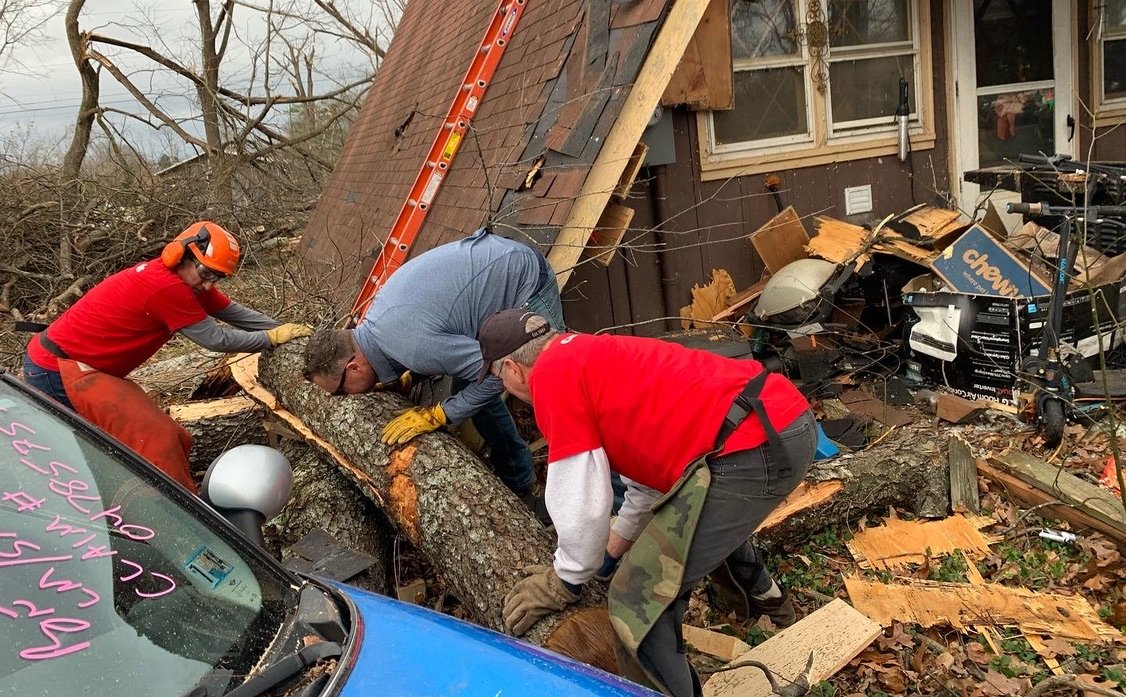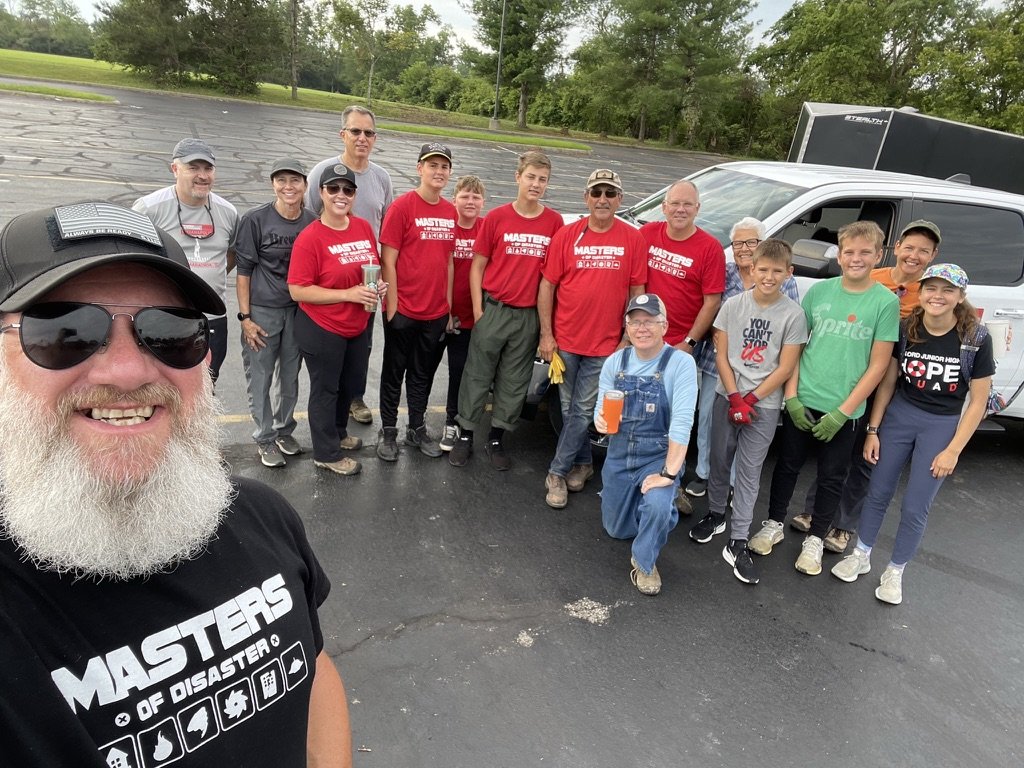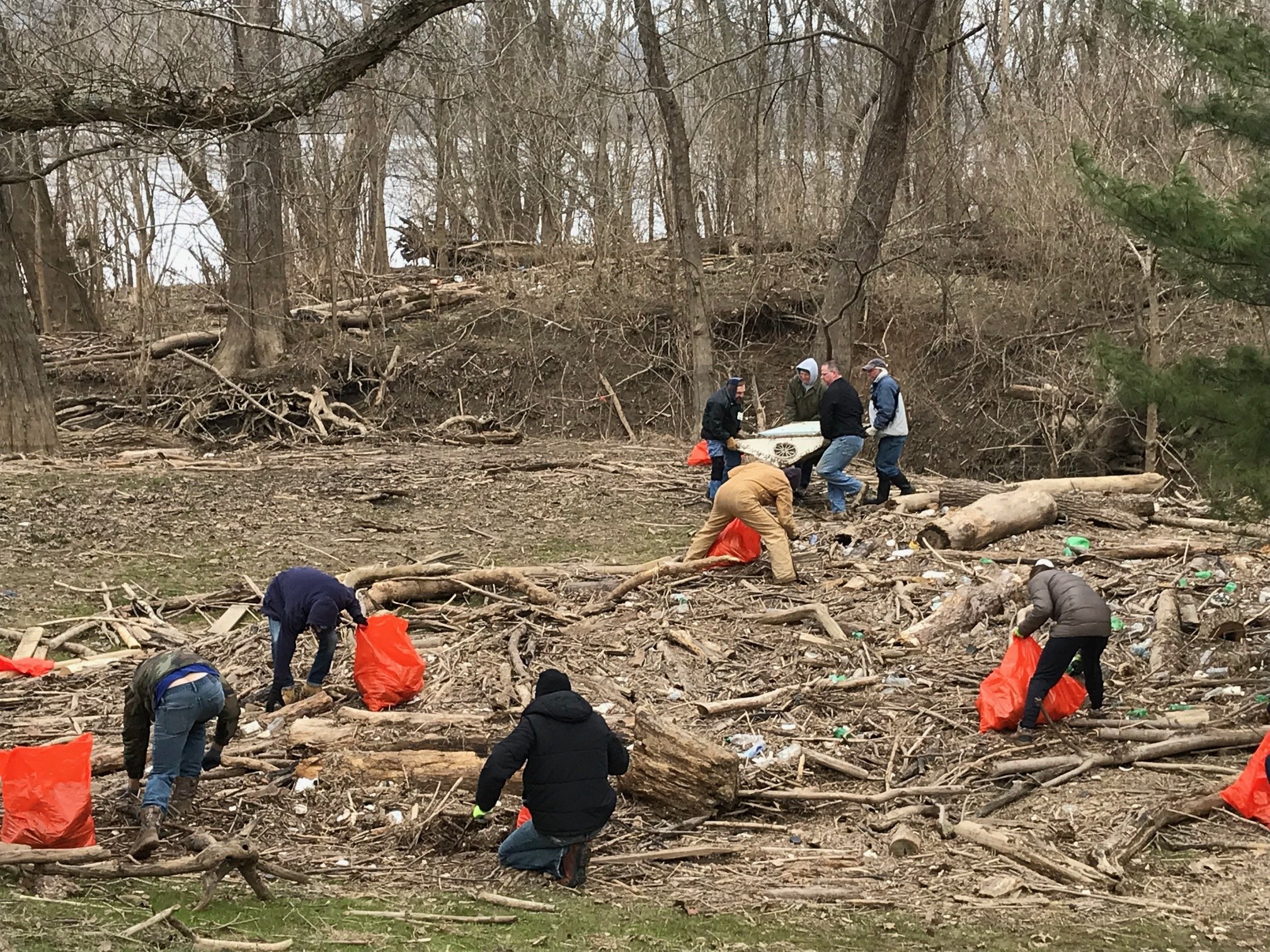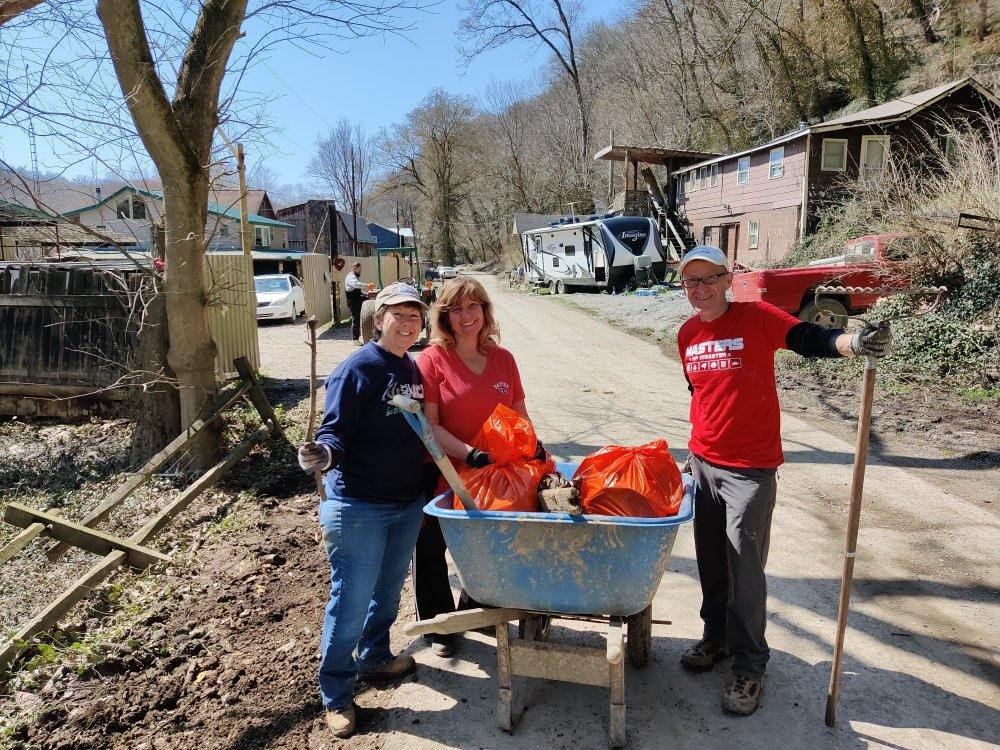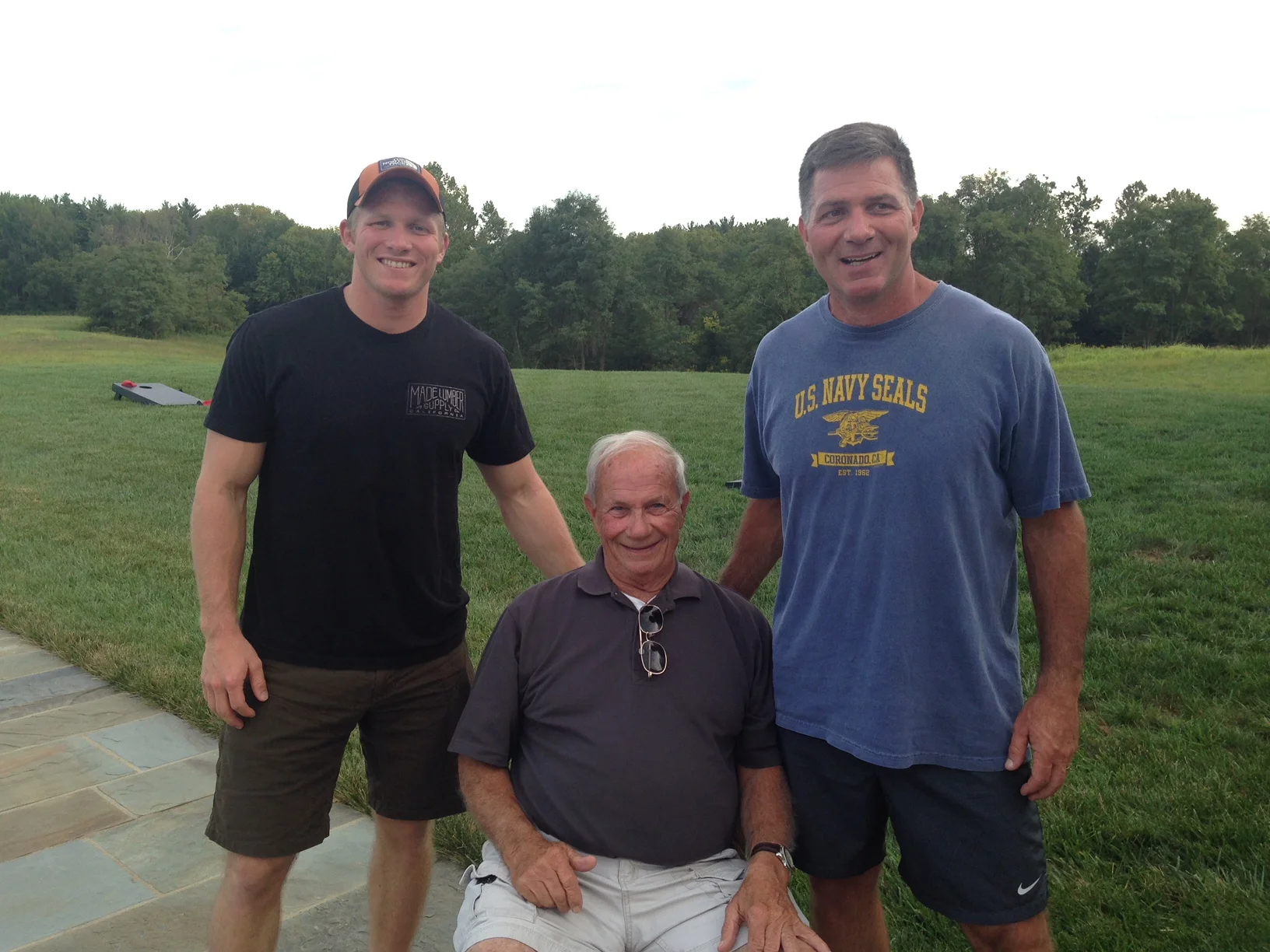Hi, I’m Andy Dalton, one of the Life Coaches at Rock Solid Families. Having worked with young adults—especially young men—for the past 12 years, I’ve spent countless hours talking about calling, purpose, and the gifts God has placed in each of us. With Christmas approaching—a season of giving—I wanted to reflect on the way God gifts us not just with talents, but with mission.
What Are Our Giftings For?
When most people talk about giftings, they’re referring to abilities God has woven into their lives—public speaking, artistic skill, musical talent, athletic ability, compassion for others, and so on. It’s common for young adults to assume that these talents should directly guide their career path. Maybe you love helping people, so you pursue nursing. Or maybe you’re athletic and want to coach.
Nothing wrong with that! I wholeheartedly believe God delights when we use what He’s given us.
But Christmas reminds us that God’s gifts are always meant for His mission, not simply our success.
Which leads me to a phrase that has challenged me deeply…
“God Doesn’t Call the Equipped—He Equips the Called”
You won’t find these exact words in Scripture, but you’ll certainly see them lived out.
Moses (Exodus 4), the disciples (Matthew 4), and the early church (1 Corinthians 1) remind us that God often chooses those who feel unprepared for the mission He gives them. Christmas itself is the ultimate example—God sent His Son in the most unexpected form: a baby in a manger.
So what does this phrase really mean?
Is it telling us to ignore our talents and leap into the unknown?
Not exactly.
A Gift Given Becomes a Gift Offered
Let me introduce you to Beth.
Beth is gifted in art, but she doesn’t love large groups. Teaching sounds overwhelming. Yet she senses God leading her into an art classroom. Why? Because her gentle nature and compassion match what her students desperately need. Her artistic gift becomes a doorway to mission. God uses what she already has—and then equips her further as she steps forward in faith.
Now, meet Robert.
He works in business and is great at it. His ability to connect with people led him to a sales career. But over time, he feels God tugging him somewhere quieter—toward country life, homeschooling, and building community. Though it stretches him in new ways, the calling becomes a mission field for his family. God isn’t wasting his gifts—He’s redirecting them for a new purpose.
My Story
This Christmas, I find myself resonating with both Beth and Robert. For years, I thought I was settled into a career that fit my natural abilities perfectly. Yet slowly, God began stirring my heart toward something different—a call that felt bigger than my confidence. As my family and I prayed, the phrase kept returning:
“God doesn’t call the equipped—He equips the called.” So here I am—stepping out of my comfort zone and into a new mission with Rock Solid Families, trusting that Jesus will guide me just as He guided those He has called throughout history.
Christmas: A Season of Calling
At Christmas, we celebrate the greatest gift of all—Jesus. But we also remember that His coming was a call to mission. The shepherds left their fields. The wise men left their country. Mary and Joseph followed God’s voice, even when it made no earthly sense. Their giftings weren’t the point, their obedience was.
And as they obeyed, God equipped them. The same is true for you and me.
So, What About You? This isn’t an article designed to answer where God is calling you. Instead, I hope it encourages a conversation—maybe around the dinner table this Christmas, or in quiet moments with the Lord.
Ask Him:
Where are You leading me?
How have You gifted me for Your mission?
What step of faith are You inviting me to take?
with trusted believers who know you well. Seek wise counsel.
Talk with trusted believers who know you well. Seek wise counsel. And remember—your story is unique. God rarely writes the same script twice.
The Gift of Trust
I don’t have all the answers—far from it. But here’s what I’ve learned:
Jesus has never led me astray.
When He calls, He provides.
His mission always calls us to trust - not just our abilities, but His power.
This Christmas, as we celebrate God’s greatest gift, may we remember that we are also gifted for His mission. Sometimes that mission aligns perfectly with our talents; other times, God grows us into new territory. Either way, He equips us for the journey. May you follow Him boldly, trust Him deeply, and enjoy the ride.
Merry Christmas, God bless, and walk in His calling!









